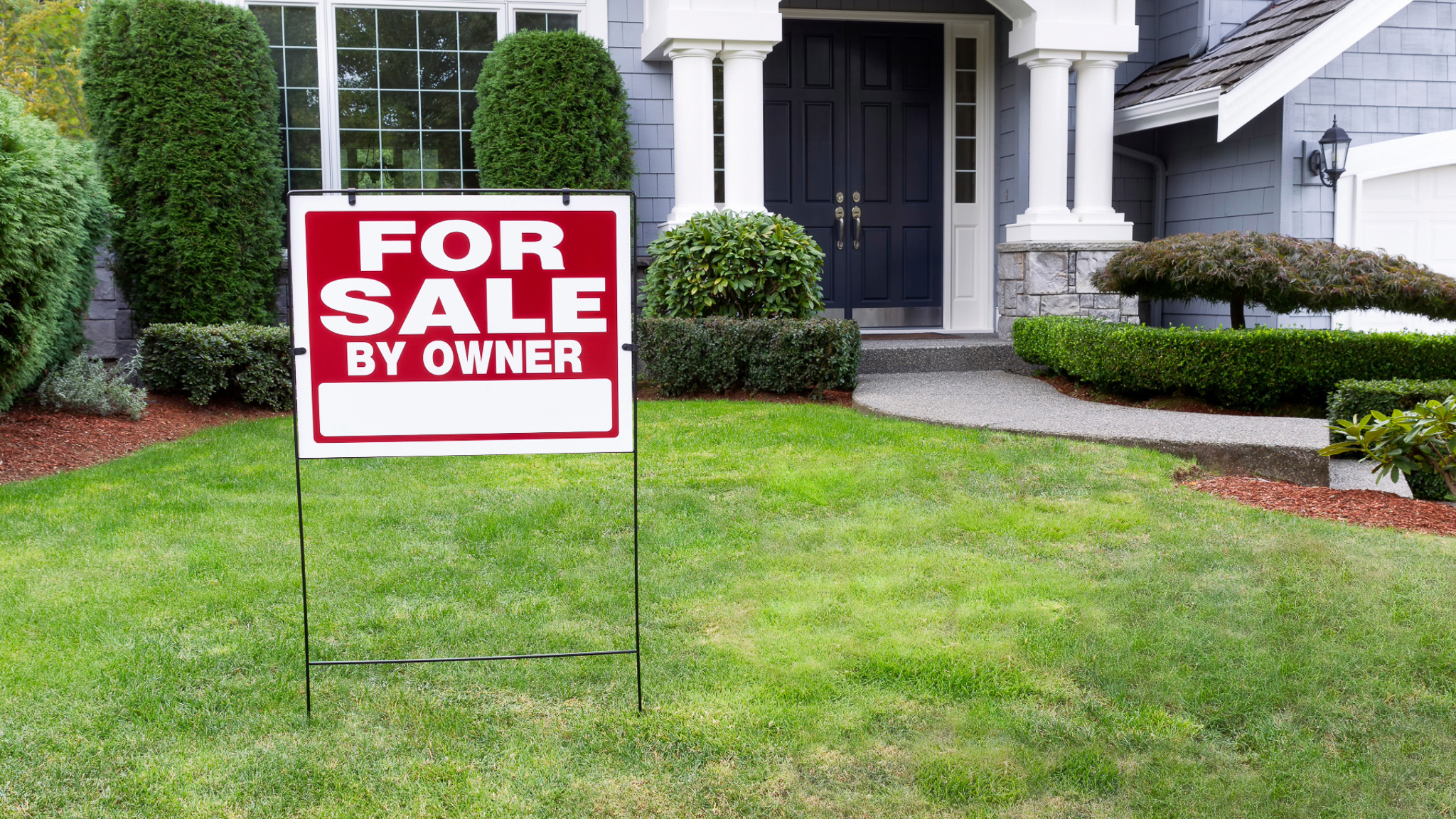Your cart is currently empty!

10 Key Questions to Ask Before Accepting a Cash Offer on Your Home
Selling a home is a big decision, and when a cash offer comes in, it can feel like the answer to all your prayers—especially if you’re looking for a quick sale. Cash offers are attractive for many reasons, from faster closing times to fewer contingencies. However, before you accept a cash offer, it’s crucial to dig a little deeper to make sure it’s truly the right choice for you. Here are ten key questions to ask before you accept a cash offer, so you can be confident that you’re making the best decision for your financial future.
1. Is the Offer Fair Compared to Market Value?
The first question you should ask is whether the cash offer aligns with your home’s current market value. Cash buyers—often investors or companies—might offer less than market value because they’re looking for a quick deal or to flip the property for a profit. Research comparable sales in your area, or consider getting an appraisal to understand your home’s true worth.
Tip: If the offer is significantly lower than market value, don’t be afraid to negotiate. Cash buyers may have room to increase their offer, especially if they’re serious about closing the deal.
2. What Are the Benefits of a Cash Offer?
Cash offers come with unique advantages, but it’s essential to understand what these benefits actually mean for you. Typically, a cash sale involves a quicker closing, fewer contingencies, and less chance of the deal falling through. For some sellers, especially those in a hurry, these benefits can outweigh a slightly lower offer.
Considerations: Think about your timeline and priorities. If speed and convenience are high on your list, a cash offer might be appealing even if it’s below your initial asking price.
3. What Are the Potential Downsides?
While cash offers have their perks, they’re not perfect. Investors and cash buyers are often looking to buy low, which means you might not get as much money as you would with a traditional buyer. Additionally, if you’re selling to a company, they may not have the same flexibility as an individual buyer.
Tradeoffs: Weigh the pros and cons carefully. If you have the time and resources to wait for a higher offer, it might be worth holding out. However, if you’re in a hurry, the quick, hassle-free process of a cash sale might be the better option.
4. Is the Buyer Reputable?
When dealing with cash buyers, especially companies or investors, it’s essential to check their reputation. Unfortunately, some cash buyers employ aggressive tactics or make offers that change during the closing process. Look up the buyer’s reviews, ask for references, or consult a real estate agent who might have experience with them.
Warning: Be cautious of buyers who don’t seem transparent or who pressure you to accept immediately. A reputable buyer will be open about their process and willing to answer your questions.
5. What Contingencies (If Any) Are Included?
One of the main benefits of cash offers is that they usually come with fewer contingencies, but it’s still important to review what, if any, are included. Common contingencies can include inspection requirements, title clearances, or appraisal waivers. Knowing these in advance will give you a clearer picture of how “as-is” the offer really is.
Advice: Contingencies protect both you and the buyer, so if there’s an inspection contingency, don’t skip it! It’s a good idea to understand exactly what you’re agreeing to.
6. What Is the Closing Timeline?
Cash offers generally allow for quicker closings, but timelines can vary. Ask the buyer for their expected closing date and make sure it aligns with your plans. If you’re still searching for your next home or need extra time to move, a flexible closing date could be more valuable than a faster one.
Tip: Many cash buyers are willing to accommodate a closing timeline that works for you. If you need more time, be upfront about it and see if they’re open to adjusting the timeline.
7. What Costs Will I Be Responsible For?
Selling a home involves various fees, including closing costs, agent commissions (if you’re using an agent), and sometimes repair costs. With cash offers, some buyers may cover certain fees, while others may not. Ask the buyer to clarify who’s responsible for what so you know exactly what to expect.
Note: A good cash buyer should be upfront about the costs they’ll cover. If they’re unwilling to discuss this, it might be a red flag.
8. Will I Have to Make Repairs?
Many cash buyers purchase homes “as-is,” meaning you won’t need to make repairs. However, some cash buyers may still request specific repairs or may negotiate a lower price if significant issues are found during inspection.
Considerations: If you’re selling because you can’t afford repairs, verify that the buyer is truly willing to purchase the property in its current condition. This can save you time and money in the long run.
9. What’s the Fine Print in the Offer?
Always read the offer thoroughly. Some cash buyers use contracts with complex language or hidden clauses that may not be in your favor. For example, some contracts may allow buyers to back out at the last minute or to reduce the offer based on an inspection report.
Advice: If you’re unsure about any part of the contract, consult a real estate attorney or agent. This extra step can help you avoid costly misunderstandings and ensure that you’re protected.
10. What Are My Alternatives?
Finally, it’s essential to consider your other options before accepting a cash offer. While a cash offer might be convenient, you might be able to get a higher price by listing your home traditionally, especially if you’re in a seller’s market. Talk to a real estate agent to understand the current market conditions and get an idea of what your home could fetch from other buyers.
Insight: Even if you’re considering a cash offer, it doesn’t hurt to test the waters with a traditional listing. You might receive offers that are competitive with the cash bid or even better.
Final Thoughts: Making an Informed Decision
Accepting a cash offer can be an attractive option, especially if you’re looking for a quick and straightforward sale. However, it’s essential to consider all aspects of the offer before committing. By asking these key questions, you’ll be better prepared to make an informed decision that aligns with your financial goals and personal needs. Remember, there’s no one-size-fits-all answer when it comes to selling a home. Every seller’s situation is unique, and what works for one person may not be ideal for another. Take the time to weigh the pros and cons, evaluate the offer carefully, and seek advice if needed. With the right approach, you can feel confident that you’re making the best choice for your future.




